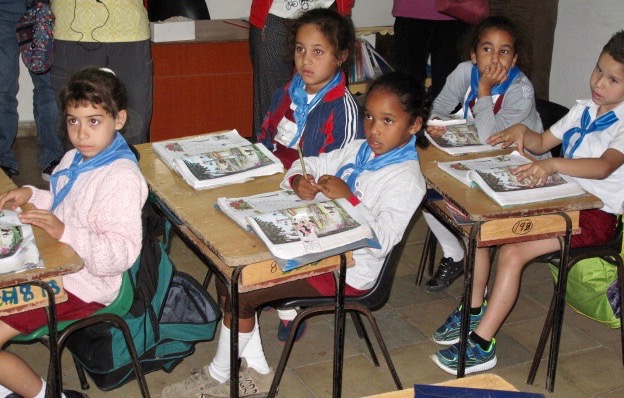
Monday, December 21
Could there be a moment more suited to the work of a particular writer than our current period is to the jottings of Don DeLillo, the poet of unanticipated catastrophe and its handmaiden, paranoia? Way before MAGA and its antifascist dissectors, DeLillo invented a university Department of Hitler Studies for his 1985 novel White Noise. Was it Bhopal or Chernobyl—or maybe intimations of COVID-19—that, in the same work, led the author to give a primary role to an “airborne toxic event”?
And as luck—or possibly the clairvoyance of the Scribner marketing department—would have it, DeLillo has a new novel just hitting the shelves of the few unshuttered bookstores. I don’t have access to the just-published The Silence, but according to The New York Times Book Review, its themes include a technology-dependent humanity abruptly deprived of its fix… and the possibility that the end of days has arrived. It just may be the “eschaton”—a new word to me, thanks be to the Times reviewer.
As my luck would have it, I have just begun reading an old DeLillo work, also suited to our current moment, Great Jones Street. This 1973 effort focuses on a burnt-out rock star, Bucky Wunderlick, who has abruptly deserted his band’s tour and entered a period of self-isolation in an unheated and deteriorating lower Manhattan building. Looking out the window, he sees little other than a crust of brown snow on the window sill, ubiquitous derelicts, and and old woman “bundled in pounds of rags, an image in the penciled light of long retreat from Moscow.” It is, he says, a “time of prayerful fatigue,” of unbroken solitude.
After a few days, his girlfriend Opel arrives. They live mostly in the room’s bed, and “each day passed, detached from time,” as she waits for her drug-trafficking “operative” to arrive. Then Opel mysteriously dies, and Bucky becomes ever more withdrawn from the outside world.
In time, the lost “mountain tapes” are passed along to him. In the vein of Bob Dylan’s “basement tapes,” these are unpolished, “genuinely infantile” recordings of Bucky accompanying himself on acoustic guitar. The songs are “strange little autistic ramblings.” But the fabled tapes offer him a way back, a chance to remake himself, he figures.
There are other themes in Great Jones Street, some of which seem more of its period than of our own. There’s an ironically named commune, Happy Valley Farm, which has stolen from a “top-secret U.S. Guv. installation” a “mind-crushing” drug that everyone now wants. (Does anyone still do drugs so recklessly?) There’s a Timothy Leary/Doctor Robert-like “scientific genius of the underground” who’s called Dr. Pepper. And while our age knows all too well the relentless pursuit of celebrity, Bucky’s is marked by rock stars who, Dylan-like, seek isolation—which only increases the desire of the press and the public to see and hear from them. “The less you say, the more you are,” remarks a television interviewer who traps Bucky in the hallway of his building.
Great Jones Street putters along until it finally sputters out. It’s more of a mood piece than a real novel, but the mood is appropriate to our wintry period of desolation and hoped-for rebirth. Bucky never returns to the limelight and lives on only in the form of rumors. There may be worse fates.
Dinner: Penne with roasted red peppers and goat cheese and a lettuce, pear, and snap peas salad.
Entertainment: Netflix’ Ma Rainey’s Black Bottom.

